How to not over plan your overlanding trip
Should you plan your overland trip? Or just go and make it up along the way. In this post, we explore our approach of using "Boulders and Pebbles" to balance preparation with leaving space for the unplanned.
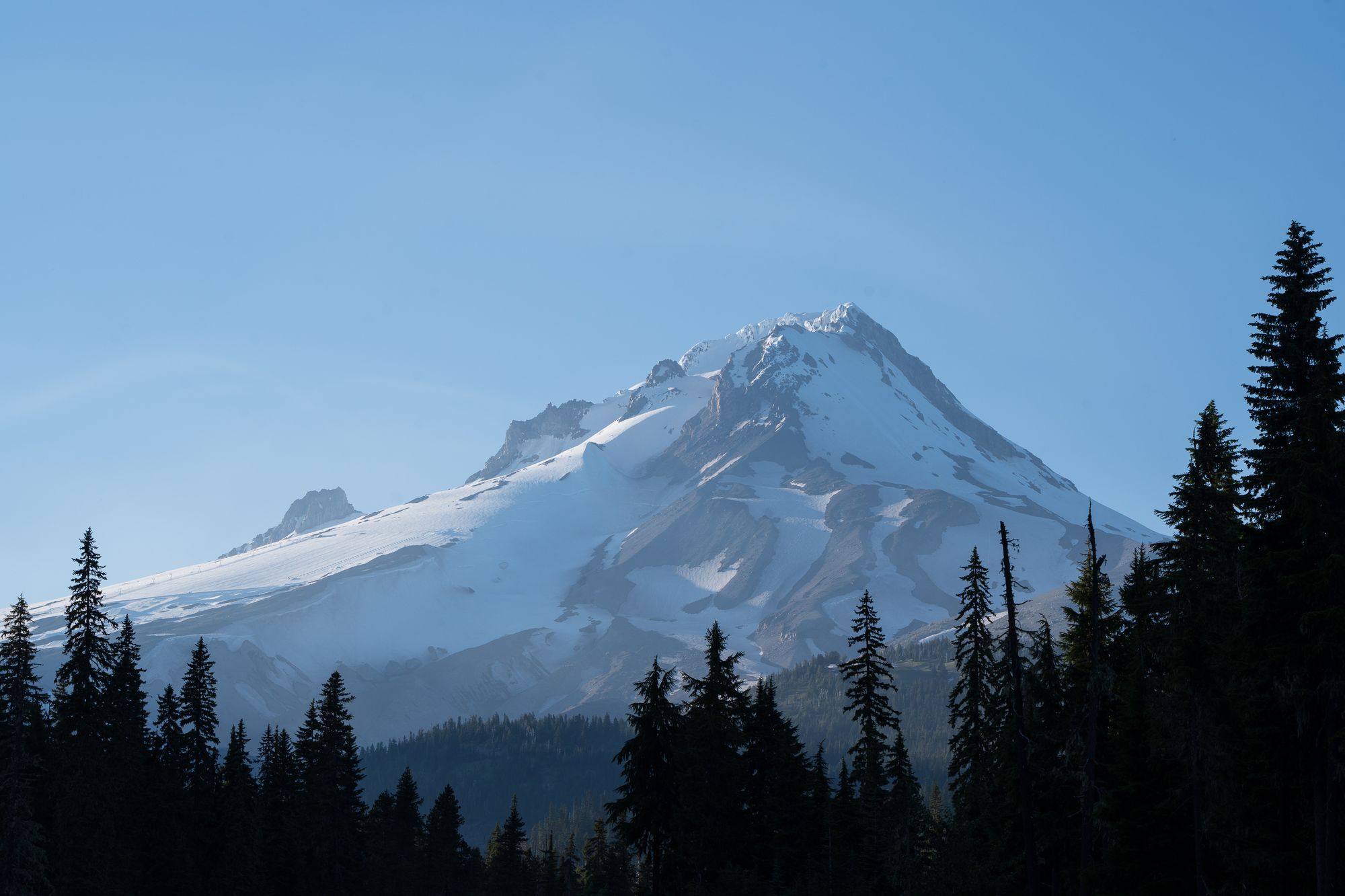
We’ve been taking longer and longer overlanding trips over the past few years and while we’re not full-time overlanders, we sometimes travel for weeks or months at a time. Traveling longer helps us have more time to transition into adventure mode and reach places further from home. You might think we have everything planned out day by day, but most of our trips are mostly unplanned. A lot of what we do, we figure out a day or two before or stop if we see something interesting along the way. But that's not to say we don't prepare.
Before leaving, we often have some general areas in mind and potential options for places and activities. We add these to a list of ready options, cache maps, and download relevant information offline. We might even have reservations here or there if it’s a tough place to visit without one. But for the most part, we make it up along the way, choosing from some of our options and making up the rest along the way.
One of the joys and challenges of overland travel is that it’s impossible to know everything about the place you’re going. Sure it’s helpful and fun to pore over maps, videos, blogs, guidebooks, etc, but it never quite captures all of the nuances of a place once you're there. And there are unpredictable factors like weather, forest fires, crowds, etc. Sure it’s possible to research and plan but there will always be more to discover when being in a place. For these reasons, Val and I have increasingly been using a “Boulders and Pebbles” approach when preparing for an overloading adventure.
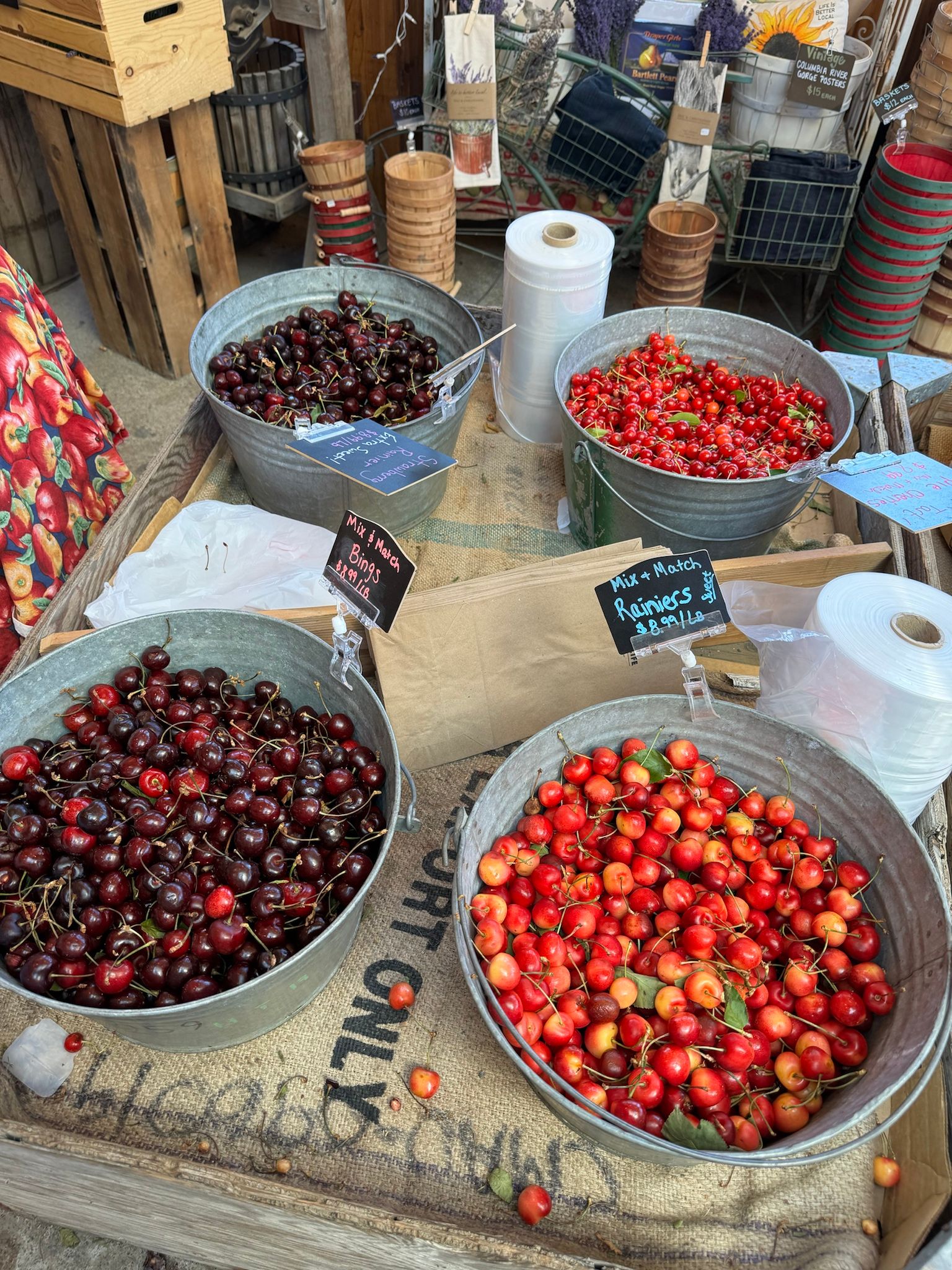
So what the heck are Boulders and Pebbles? “Boulders” are the big things we want to do. Examples might be driving a remote 3-day overland route or attending an overland rally. Boulders are the big special things that we want to make sure happen. They are also often things that require some planning - reservations, permits, special equipment, etc. “Pebbles” are the smaller things that fill in around the Boulders. Pebbles aren’t planned and are places and activities we discover along the way. Pebbles could be finding a delicious bakery, a lake on a hot day, or a hike to a mossy waterfall.
Boulders help us by providing guideposts to decide where to travel and explore. Having infinite options can be paralyzing. For example, if we’re in Oregon and know we have a "Boulder" coming up in Oregon in a few days, we know our general direction of travel and can choose interesting routes, places, and activities along the way. Without that Boulder, we could go anywhere. That’s too many options.
For example, on a recent trip, the Boulders included attending Overland Expo Pacific Northwest and explored Mount Rainier National Park. The only option we identified before leaving was traveling and exploring forest roads in Gifford Pinchot National Forest. After Expo, we talked, looked at maps, and decided to travel towards Mount Hood. We’d been there a few years ago and hoped the cherry trees we saw on a previous trip might be in season. We found a bar in Government Camp, getting a delicious burger, fries, and Rainier beer. We explored some forest roads and found a campsite by a river. We found fresh cherries along the way and bought a huge bag. We stopped in Hood River, watching kiteboarders from the beach and getting more beer and snacks. We explored Gifford Pinchot National Forest camping by suprise lakes and SUPing the next morning. We found groceries and refilled supplies before heading towards Mount Rainier National Park. None of it was planned, but we had a great time. And we enjoyed the extra delight of not knowing what to expect.
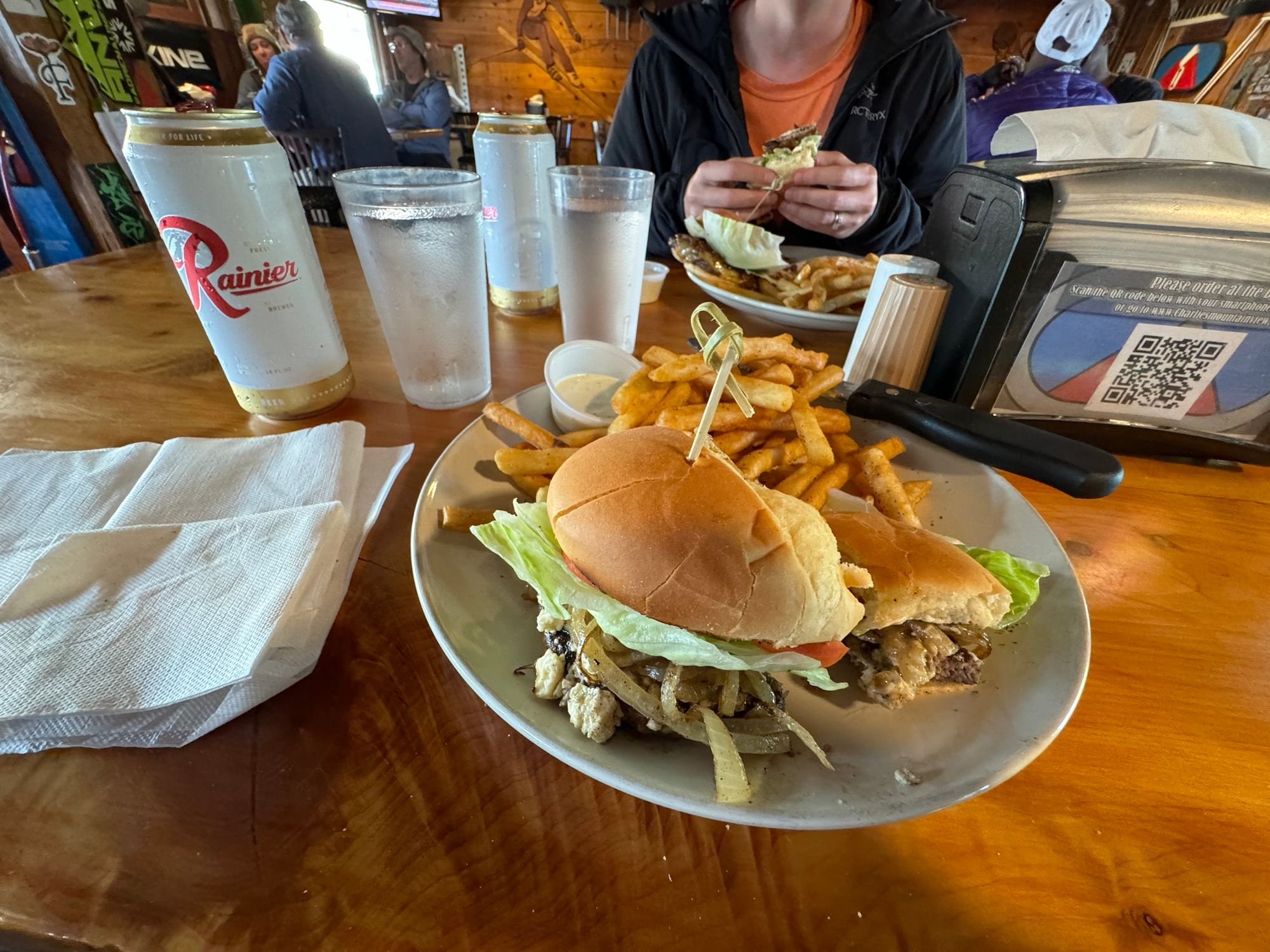
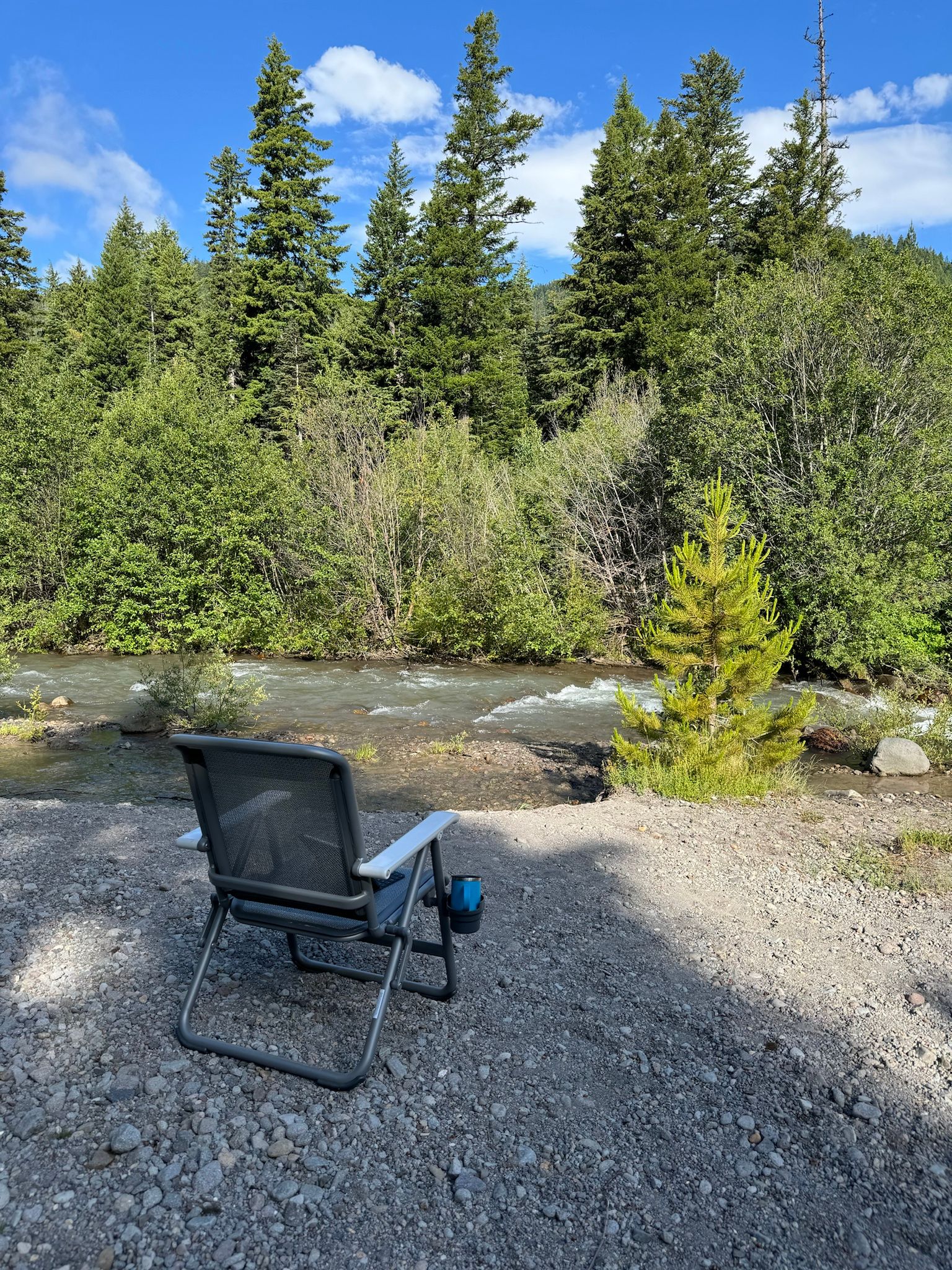
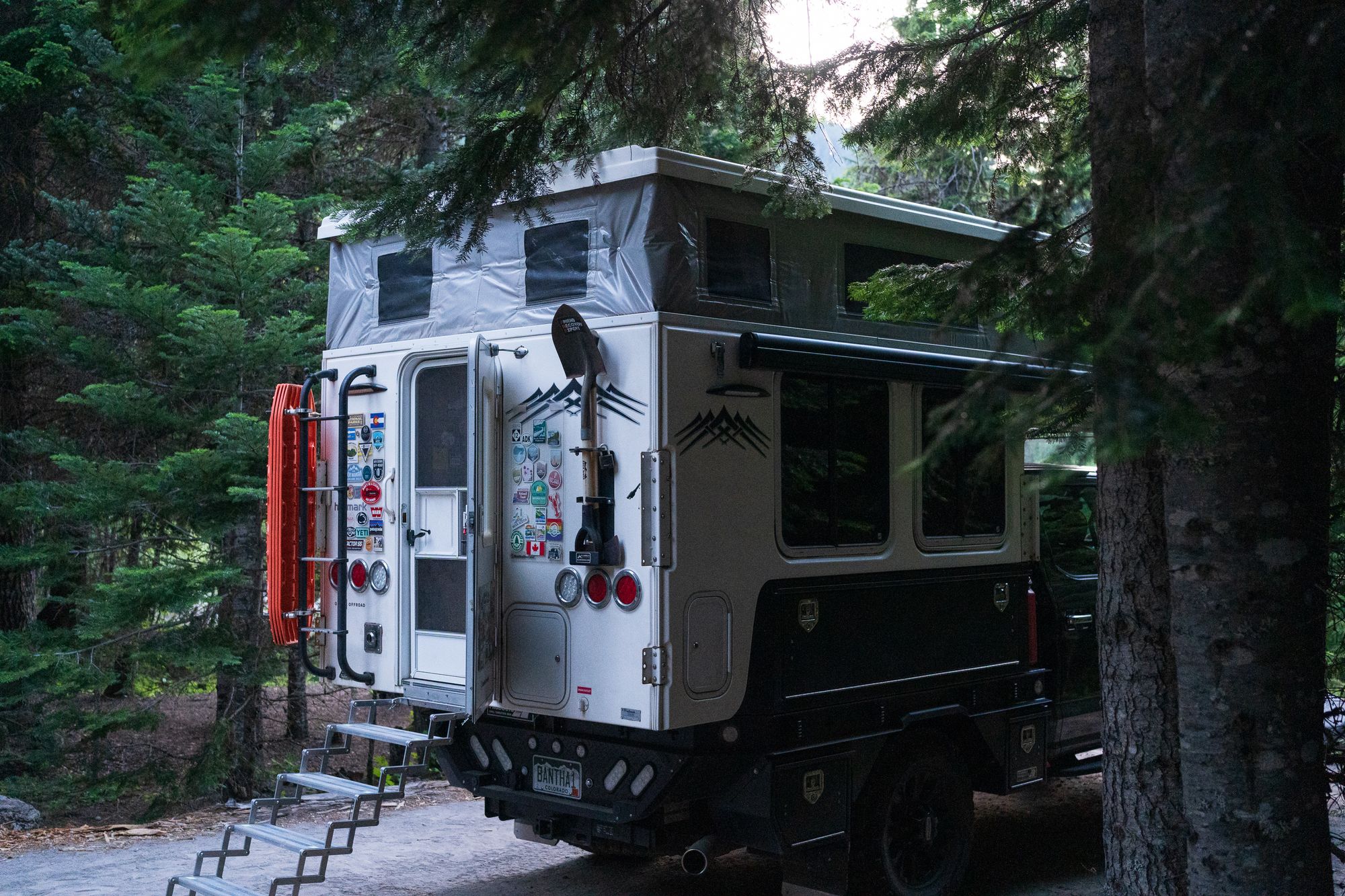
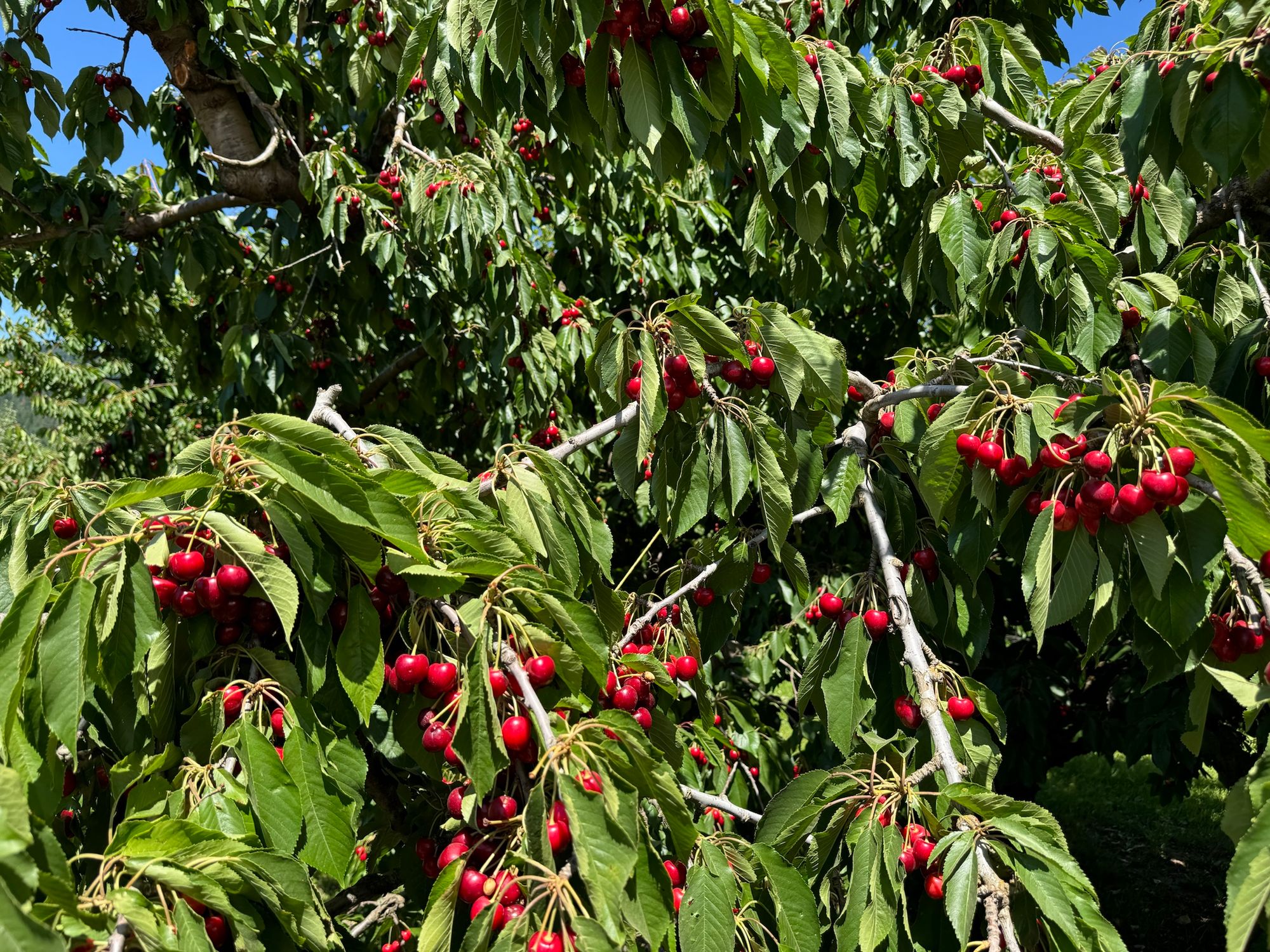
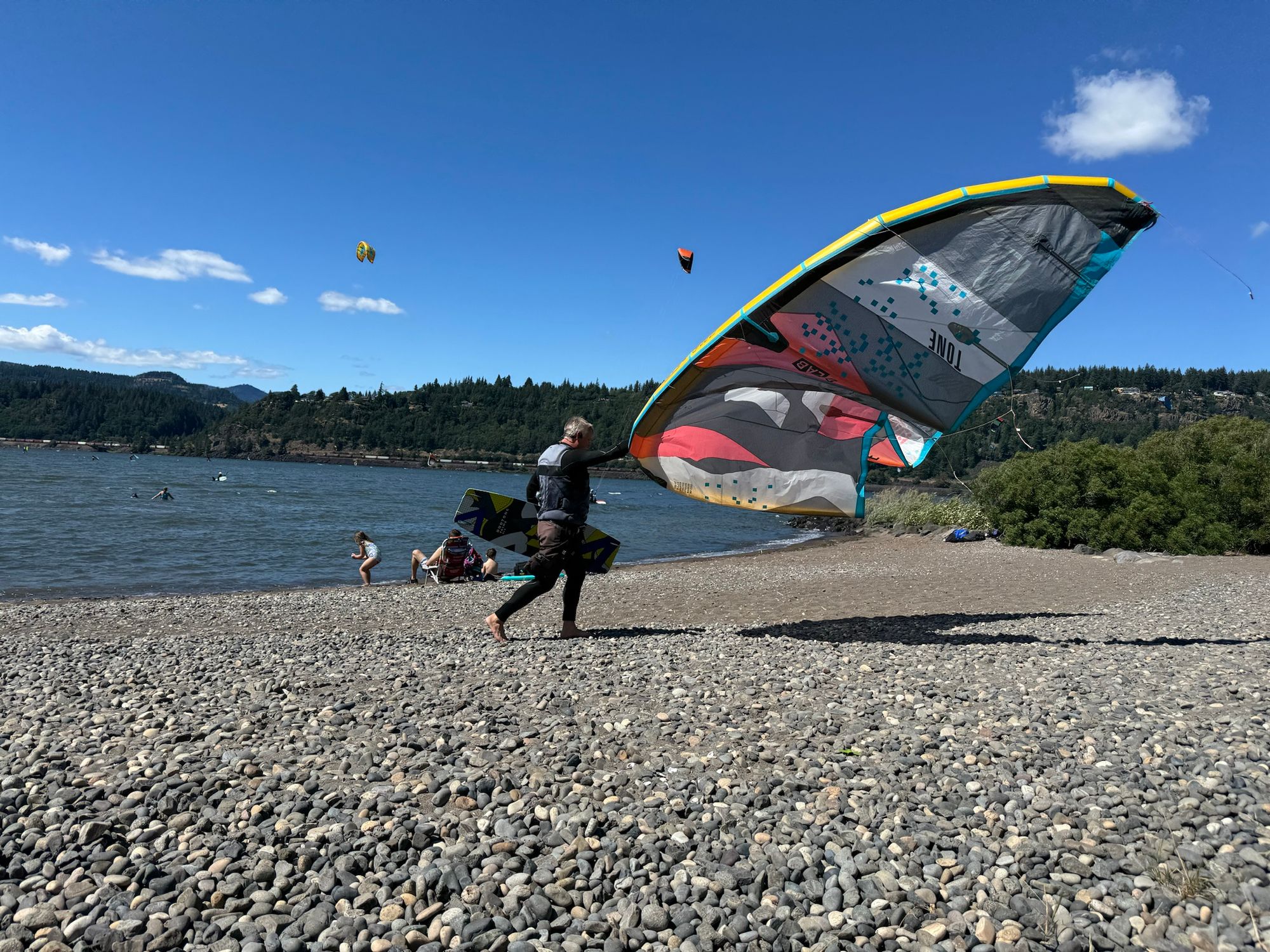
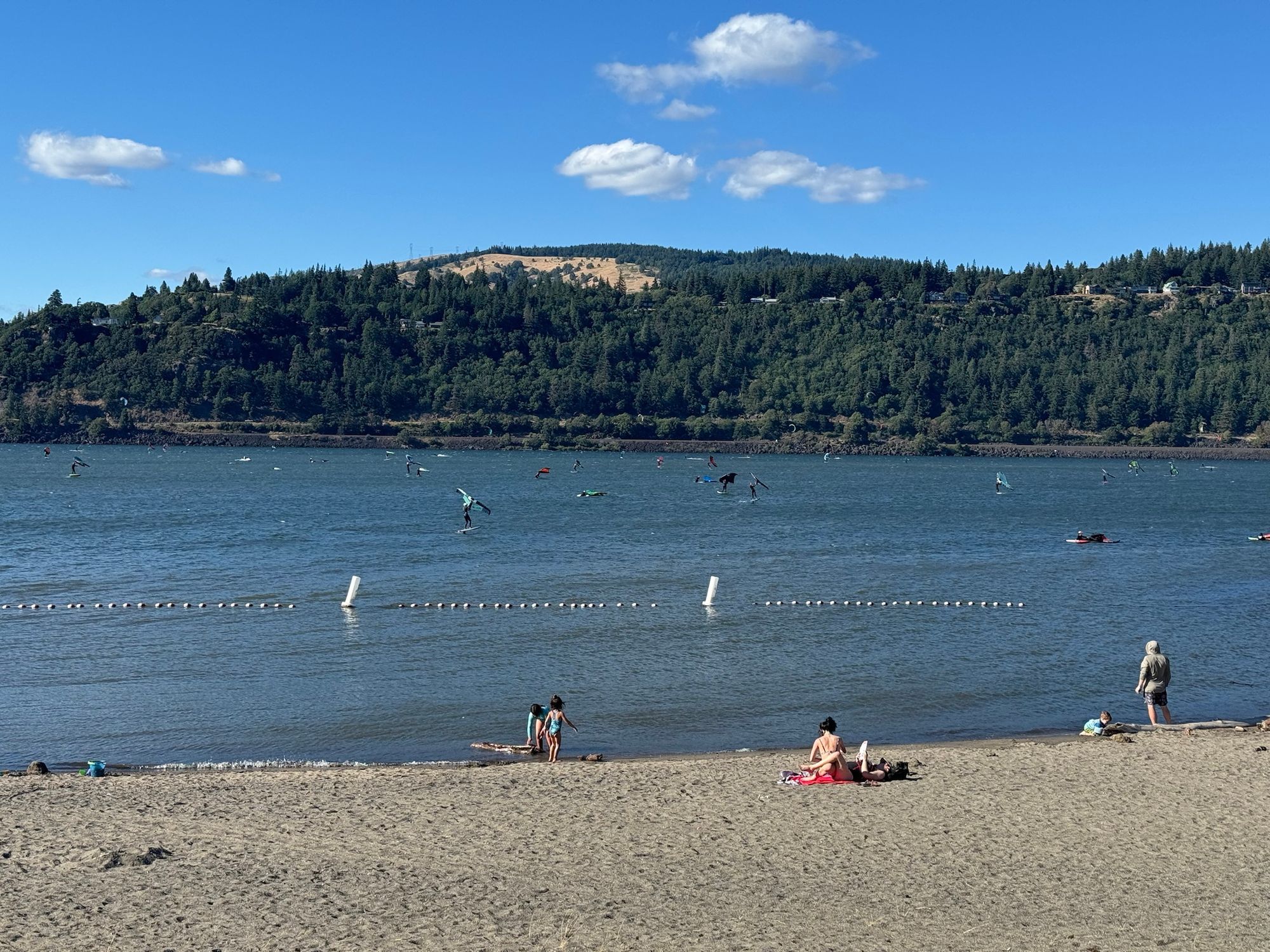
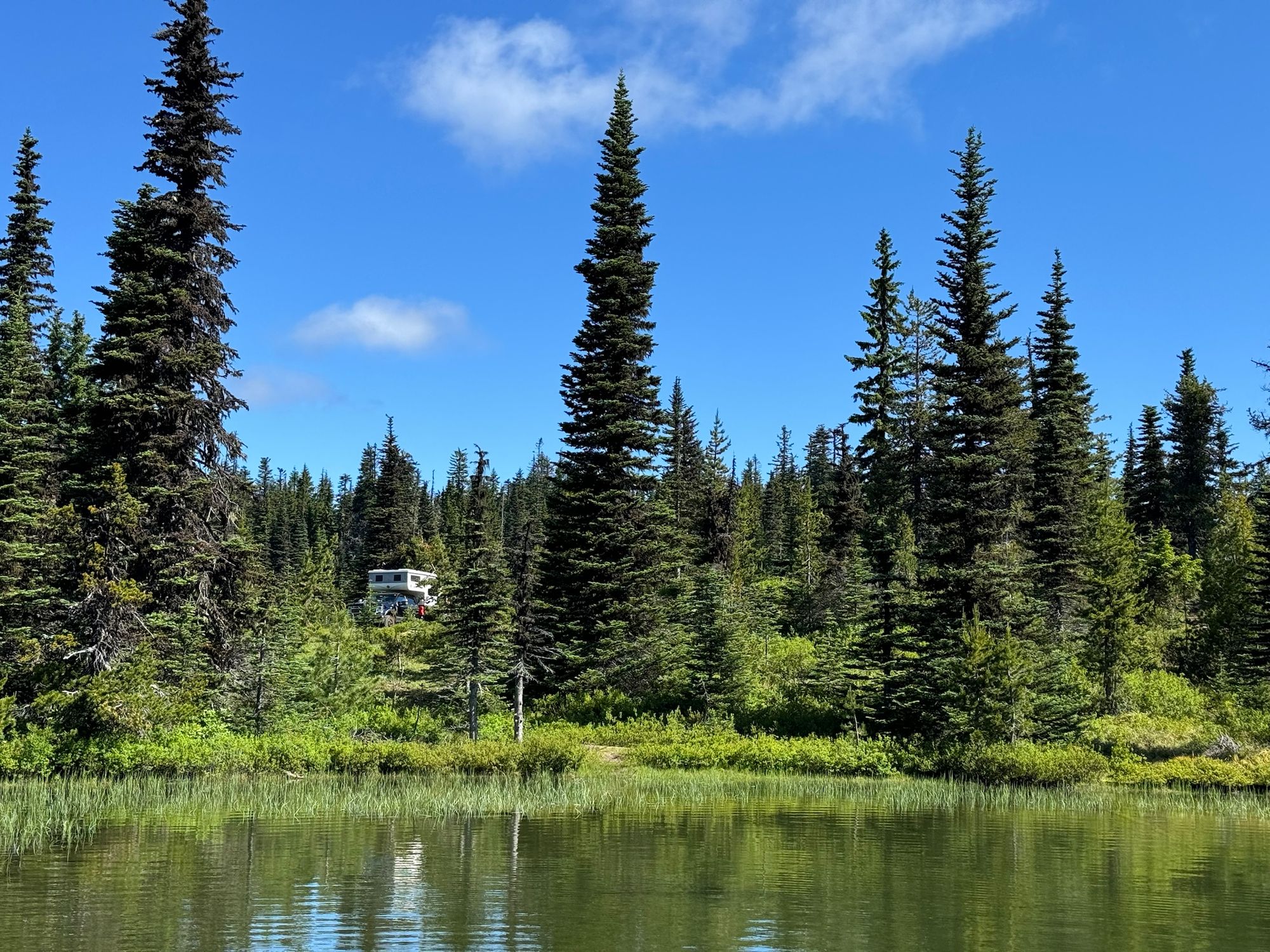
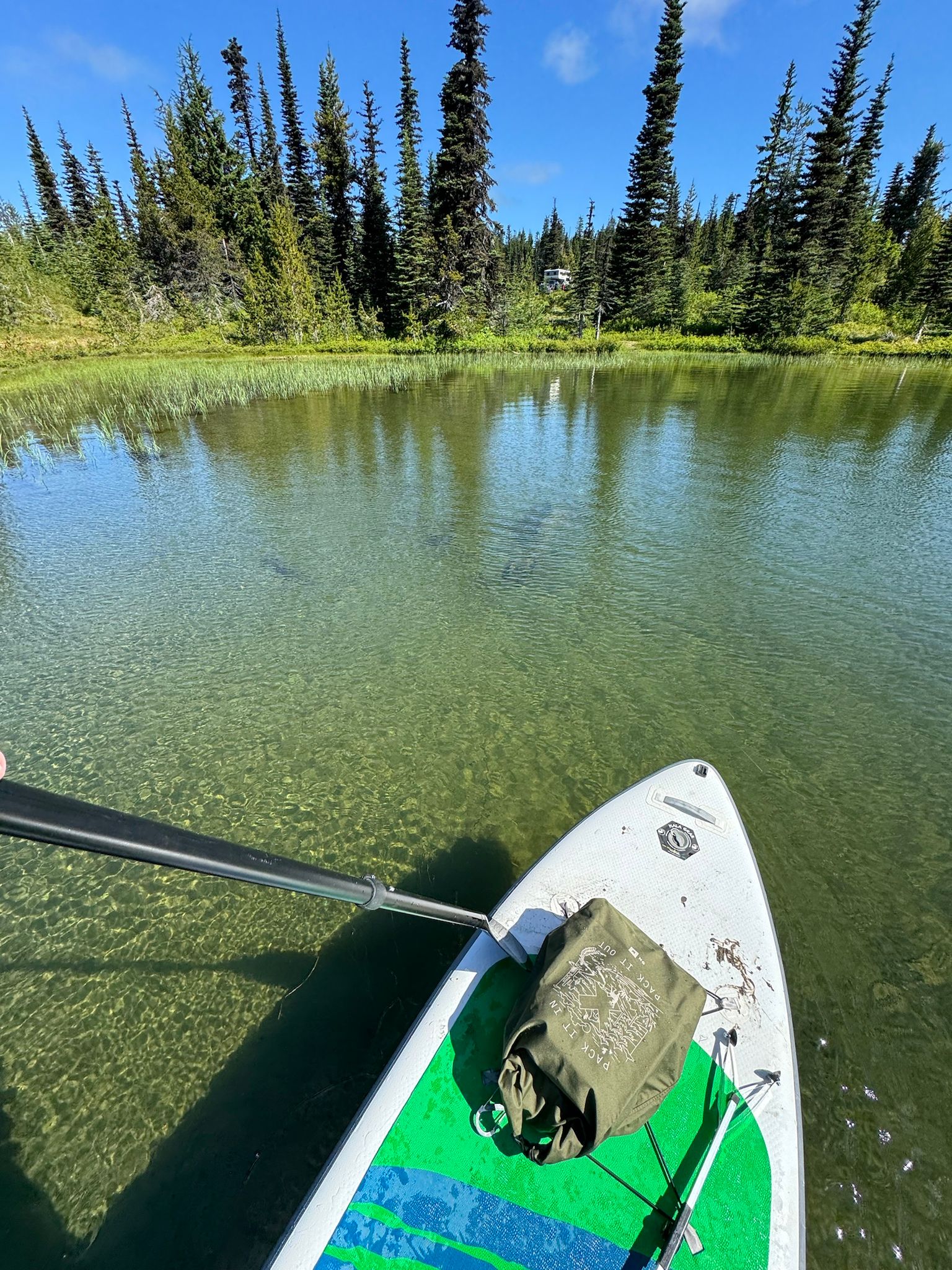
This approach to trip preparation and execution isn’t without its drawbacks. It can be stressful at times, having to identify options and make choices along the way. Should we stop here? Should we keep going? What’s down that road? Having Boulders helps limit this endless decision fatigue while still leaving room for discovery and serendipity along the way. And we trust that whatever happens will be an adventure for sure.
See you out there,
-Adam
